WATCH VIDEO :
This morning (August 21), the National Assembly Standing Committee questioned the Ministers of Agriculture and Rural Development ; Industry and Trade; and Culture, Sports and Tourism.
Delegate Pham Van Hoa (Dong Thap) is interested in developing new tourism products, including night tourism products.
According to Mr. Hoa, any locality that has this model has implemented it quite well, but the night tourism products are still poor and monotonous, just walking streets, cuisine, art and entertainment activities, and they are available at night and not available at night, mainly on Saturdays and Sundays.
"Can the Minister share this issue so that night tourism can develop strongly, with diverse and rich products and healthy entertainment, and keep tourists staying overnight to stimulate demand?", delegate Hoa questioned.
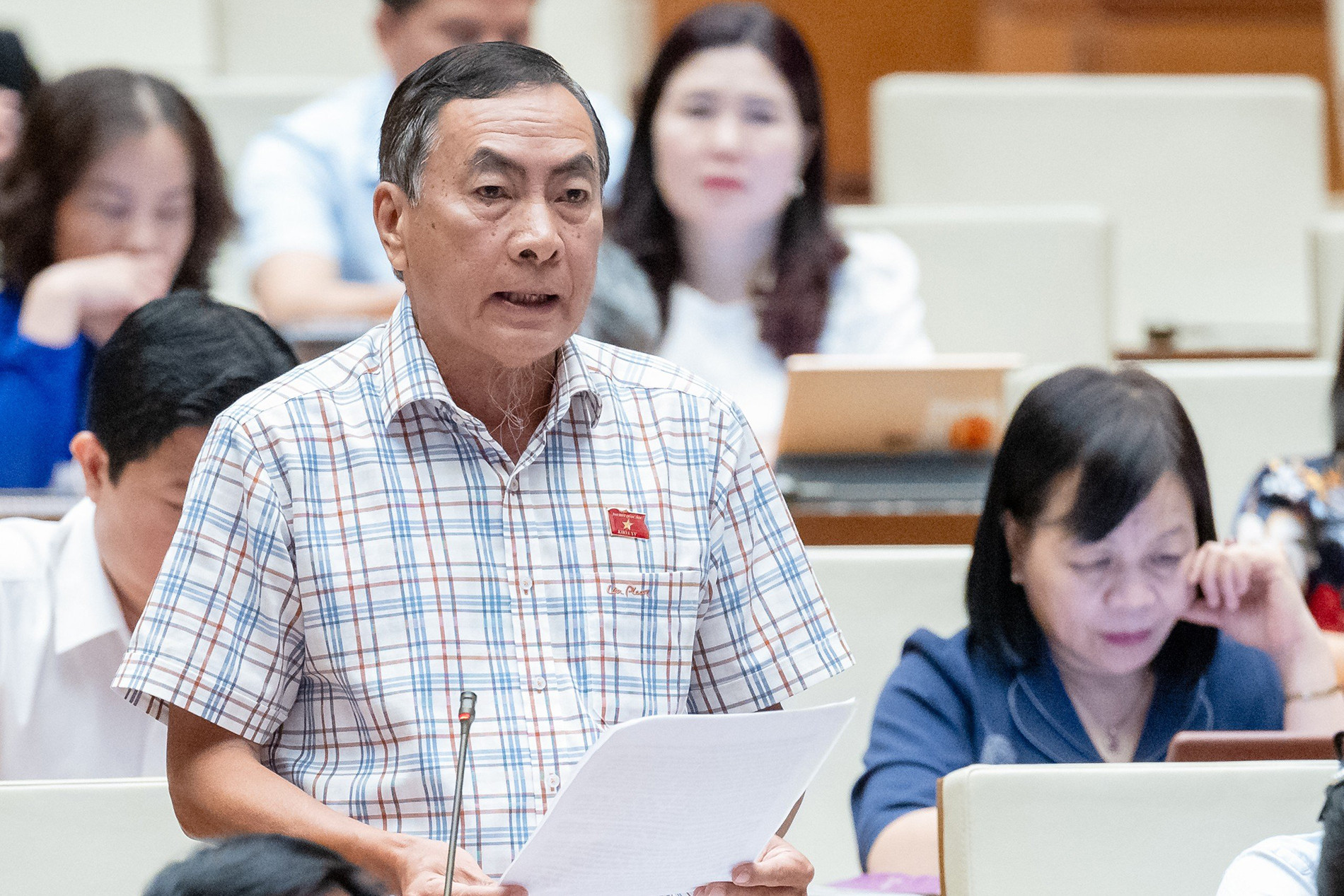
Responding to the above question, Minister of Culture, Sports and Tourism Nguyen Van Hung said that this content was reported by him in the previous meeting.
"The Ministry of Culture, Sports and Tourism has a project on night tourism products based on encouraging localities to research based on planning factors to calculate product lines, evaluate the customer market to create products," Mr. Nguyen Van Hung informed.
Minister Nguyen Van Hung said that there are many localities where if they don't do it, there will be a shortage, if they do it, there will be a surplus, and if they do it, tourists won't come.
"The main responsibility lies with the Chairman of the People's Committee and People's Council of the provinces, the Ministry of Culture, Sports and Tourism cannot create tourism products for any city," Minister Nguyen Van Hung emphasized.
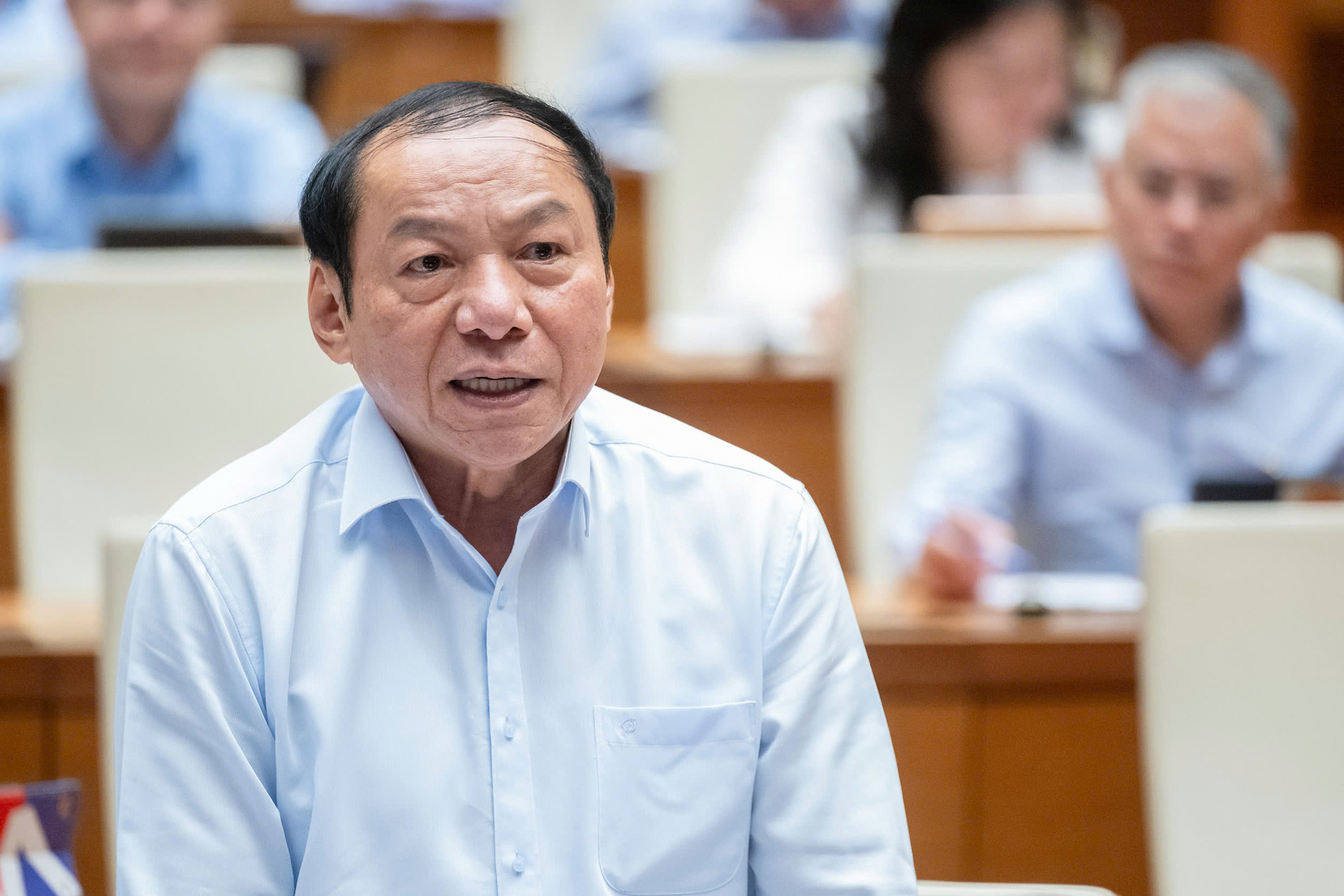
Mr. Nguyen Van Hung gave an example, the Ministry suggested that Ho Chi Minh City develop tourism based on river resources and the main product line is to combine the Saigon River with the commercial port to create products.
On that basis, Ho Chi Minh City researched and created Nguyen Hue walking street connecting products on the river to have a place for tourists to come.
"I think each locality needs to have a creative approach as guided by the Government's Directive 08 and Resolution 82, which is that each locality has a unique, professional, and distinctive tourism product, forcing the locality to think," said Minister Nguyen Van Hung.
Minister Nguyen Van Hung emphasized that the Ministry has a project, a framework, and suggestions for how to do night tourism, but does not do it on behalf of the locality.
What is the overall policy for developing cultural industries?
Sharing the same concern, delegate Nguyen Quang Huan (Binh Duong) debated with the Minister of Culture, Sports and Tourism: “I agree that tourism development is a specific task of localities. However, I am a bit concerned about the solutions proposed by the Minister, which have not mentioned the overall policy for developing the cultural industry.”
Delegates from Binh Duong province noted that this is also an issue raised in the resolution of the National Assembly Standing Committee.
Accordingly, the Government must develop a comprehensive policy for the development of cultural industries. Just like the Ministry of Industry and Trade has developed a comprehensive policy for the development of supporting industries and renewable industries, every industry has its own policy.
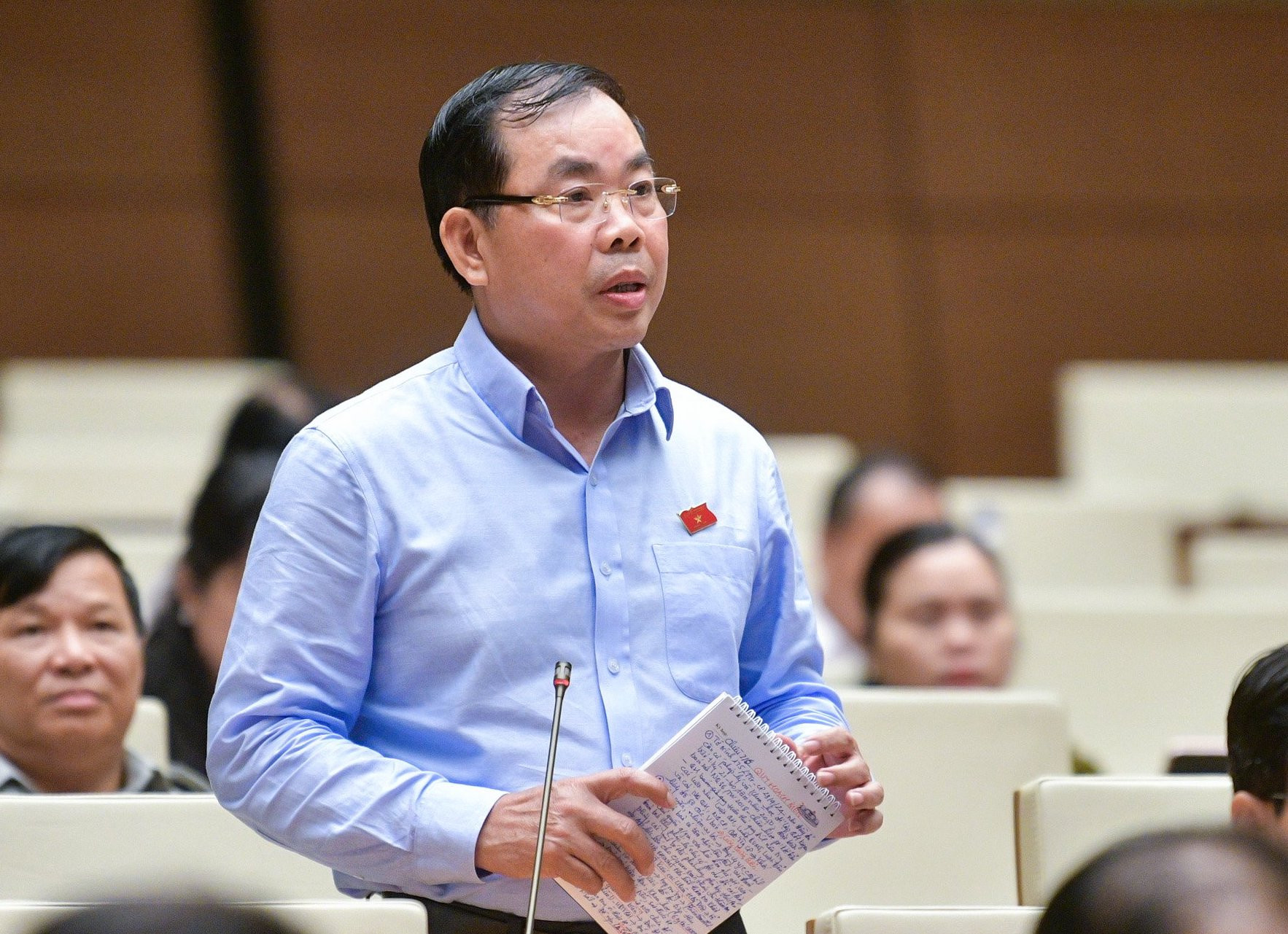
“The cultural industry not only contributes to GDP growth but also to cultural development. I hope the Minister will give more information on whether the Ministry of Culture, Sports and Tourism has started to develop this policy yet? If so, when will it be announced or completed?”, delegate Huan asked.
Responding to the debate, Minister Nguyen Van Hung affirmed that our Party pays great attention to the cultural industry. The Party's documents and specialized resolutions have mentioned this issue.
At the 12th Party Congress, the term “cultural industry” was included in the document. After the resolution, the Government issued a decision in 2016 approving the Strategy for the development of Vietnam’s cultural industries to 2020, with a vision to 2030.
During the implementation process, there was a reassessment and identification of cultural industry types including: Advertising; architecture; software and entertainment games; handicrafts; design; cinema; publishing; fashion; performing arts; fine arts; photography and exhibitions; television and radio; cultural tourism services.
“The Ministry of Culture, Sports and Tourism only manages 5 groups of sectors in terms of state management, while other sectors are assigned to different ministries to undertake the work. When assessing in general, the contribution of the cultural industry to the economy accounts for a fairly high proportion, contributing an average of 4.04% of GDP,” Mr. Hung informed.
According to the Minister of Culture, Sports and Tourism, to continue implementation, the Ministry has proactively advised the Prime Minister and for the first time the Prime Minister organized a national conference on cultural industry.
The conference focused on evaluating the implementation effectiveness, re-defining the key points and tasks, solutions and is issuing directives in conjunction with the new cultural industry strategy, including some notes:
Firstly, regarding the legal framework, we will continue to report to the National Assembly to perfect policies, especially relevant laws to create development.
The second is to promote the role of the "three houses", in which the State plays the role of policy creation; enterprises are the agencies that organize and implement this strategy; creators are the team of artists who create cultural industrial products.
From there, focus on both implementing and deploying widely, and applying to key and potential markets.
“Recent resolutions of the National Assembly and the Politburo have allowed Hanoi and Ho Chi Minh City to implement and have their own projects. The contribution rate of this industry is very positive, spreading, promoting the soft power of culture, culture plays a role in creating sustainable development,” said Minister Nguyen Van Hung.
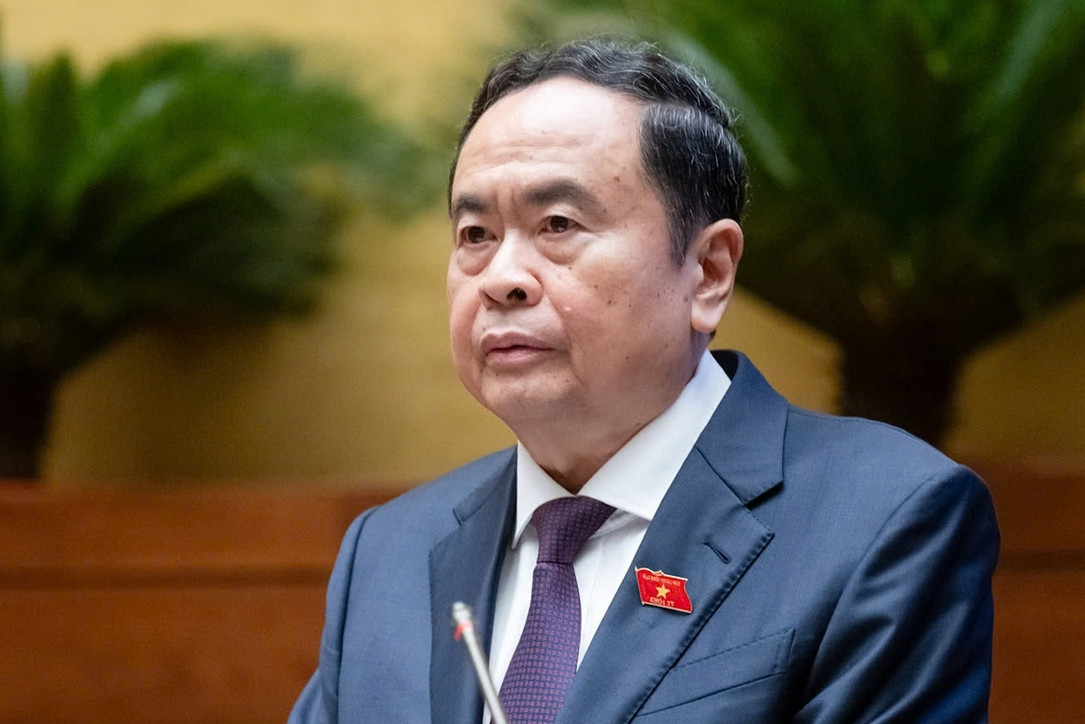
For the first time in the term, the National Assembly Standing Committee questioned to 're-supervise'
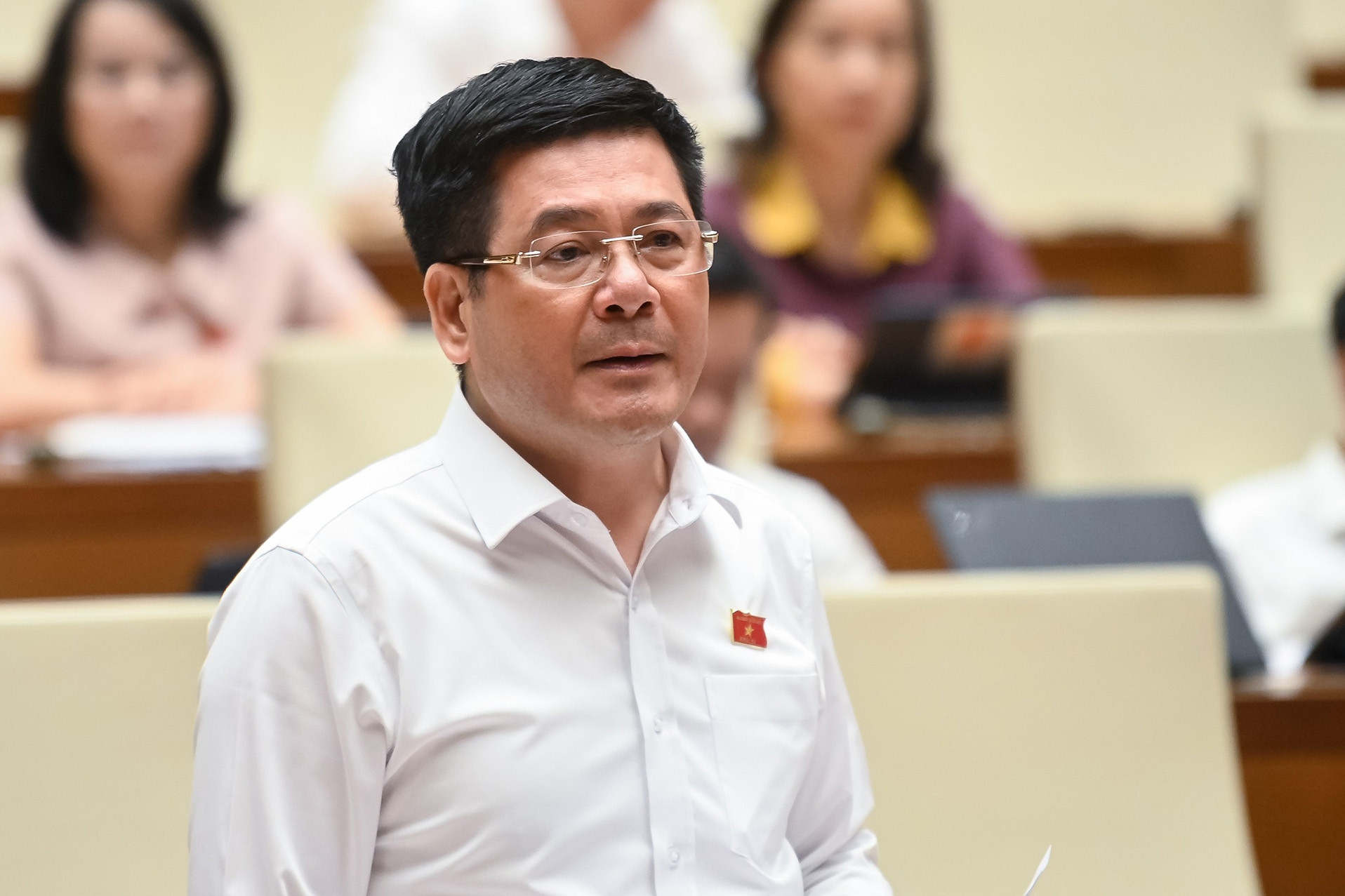
The National Assembly Standing Committee questioned three ministers.
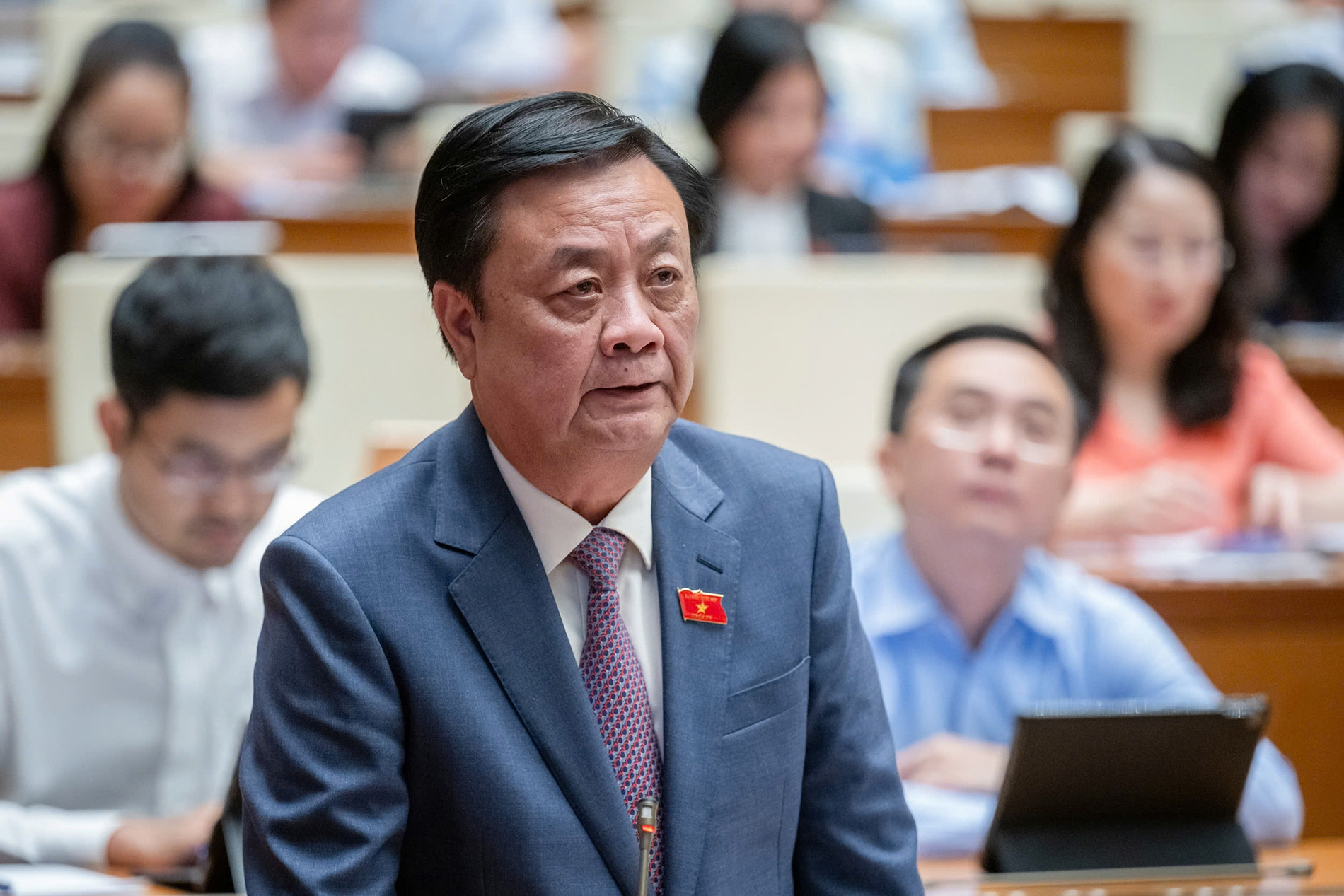
The answer made the Minister bitter when farmers cut down cashew trees to plant durian.
Source: https://vietnamnet.vn/bo-truong-nguyen-van-hung-bo-khong-lam-san-pham-du-lich-dem-thay-dia-phuong-2314029.html






![[Photo] Prime Minister Pham Minh Chinh chairs a meeting on the implementation of the Lao Cai-Hanoi-Hai Phong railway project.](https://vphoto.vietnam.vn/thumb/1200x675/vietnam/resource/IMAGE/2025/5/20/0fa4c9864f63456ebc0eb504c09c7e26)
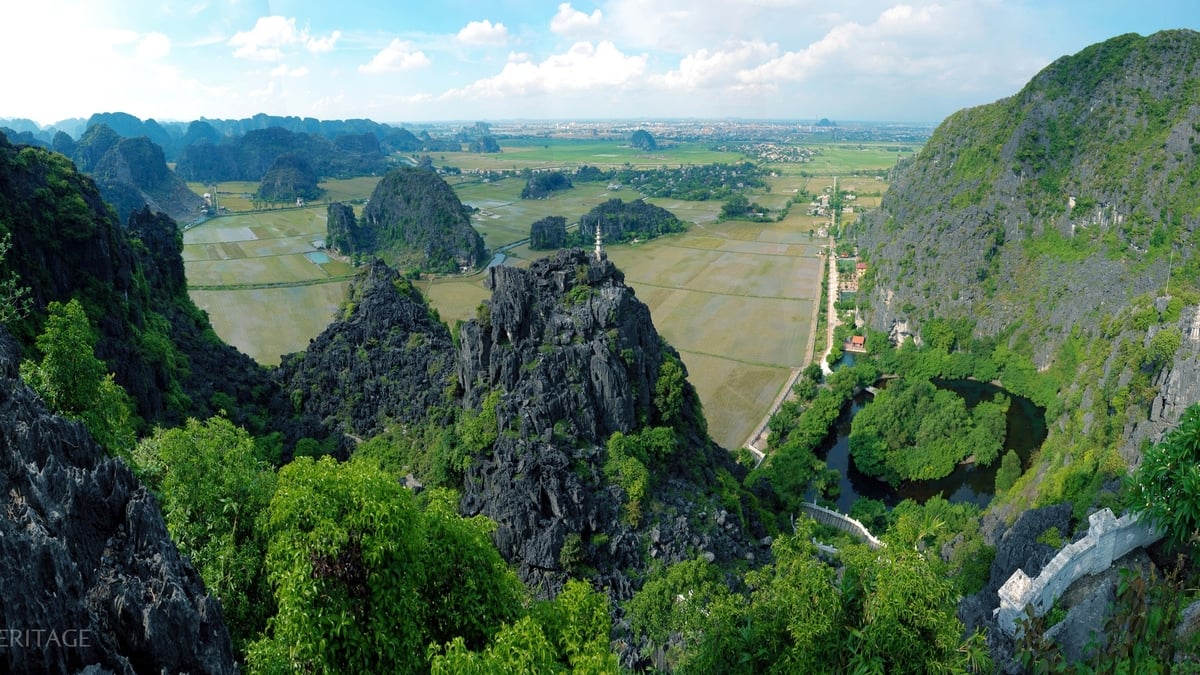
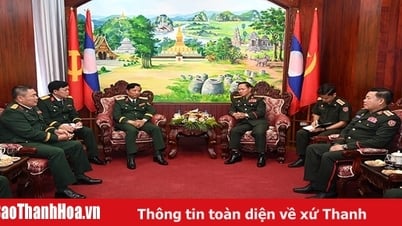

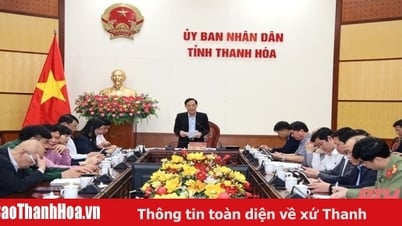

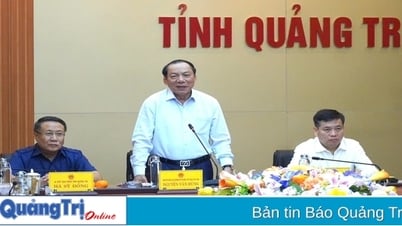
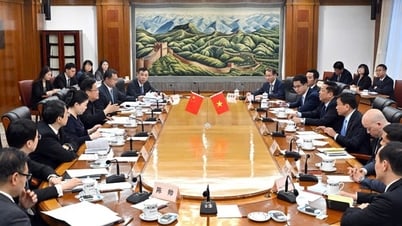


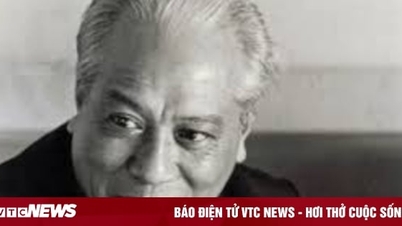

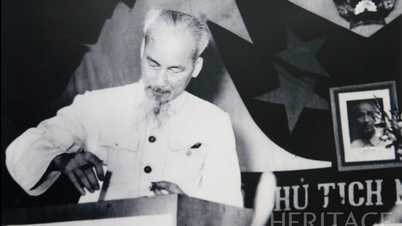

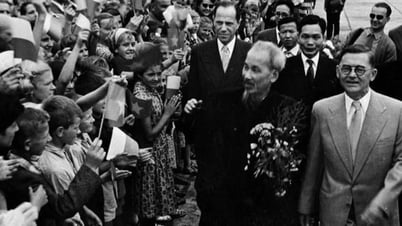

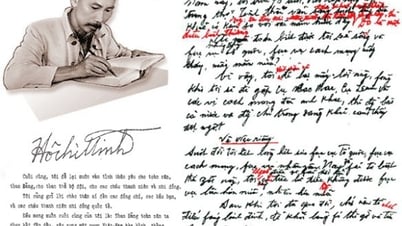
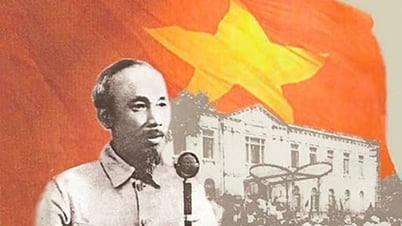
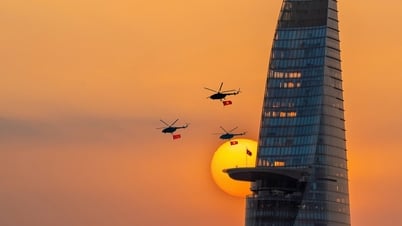

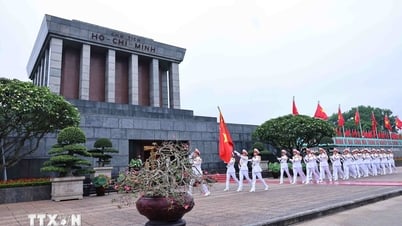







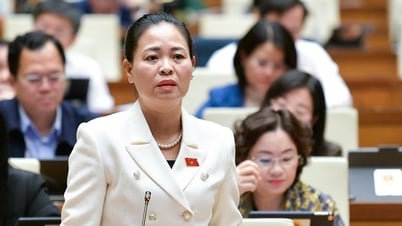



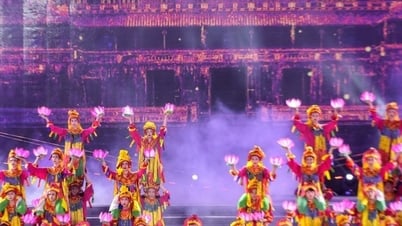





















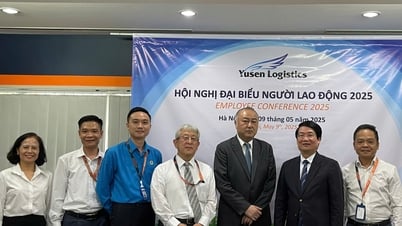






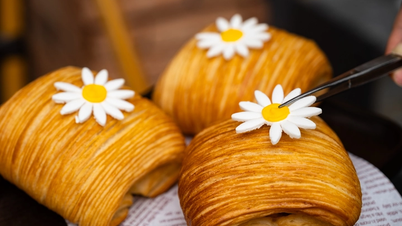

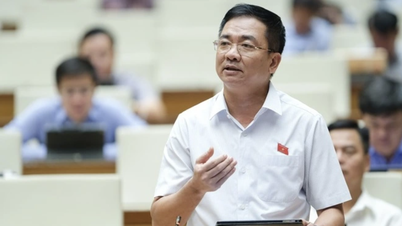
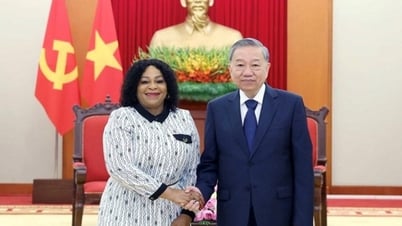
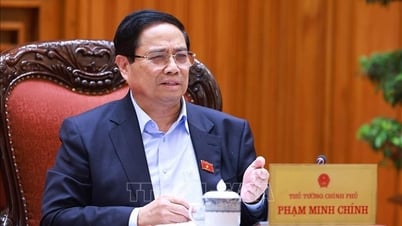
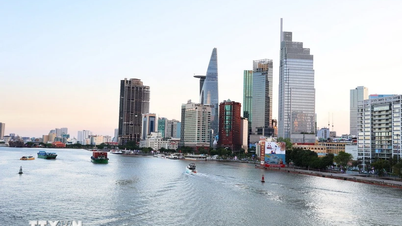
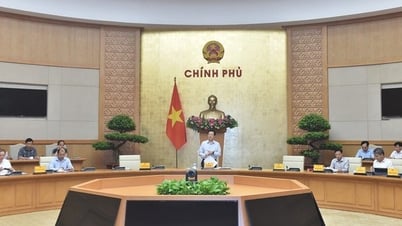

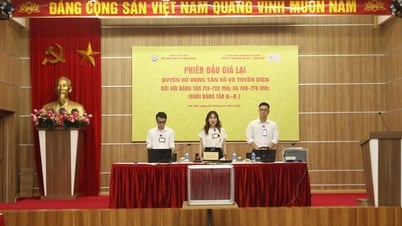

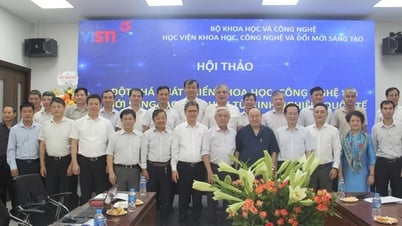
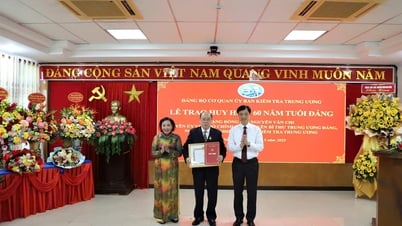

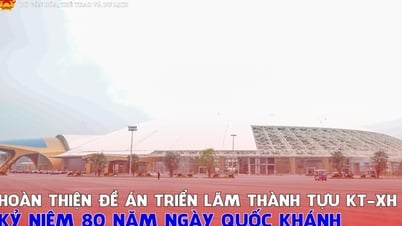
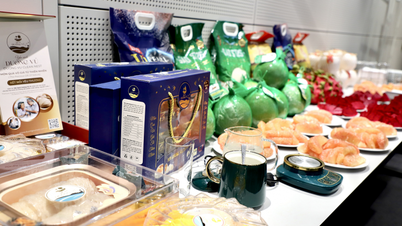

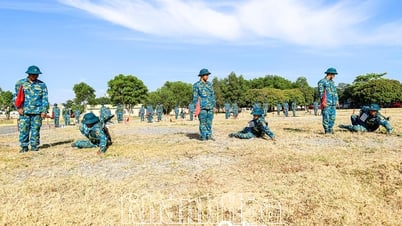

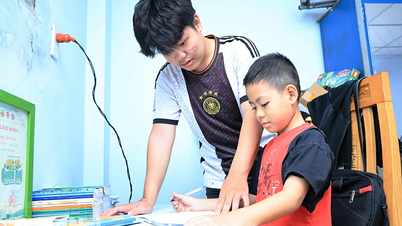

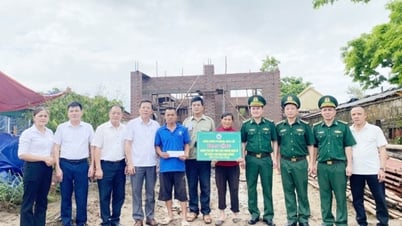
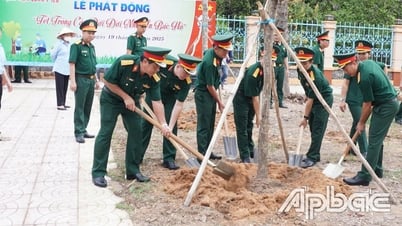

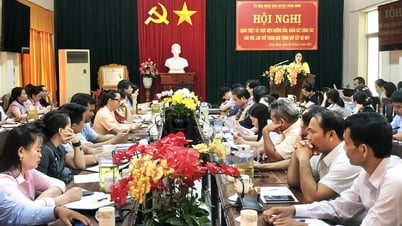

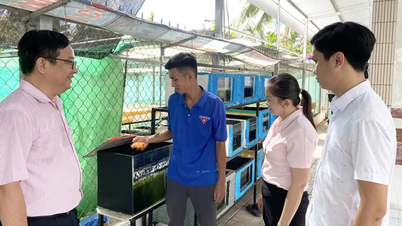













Comment (0)